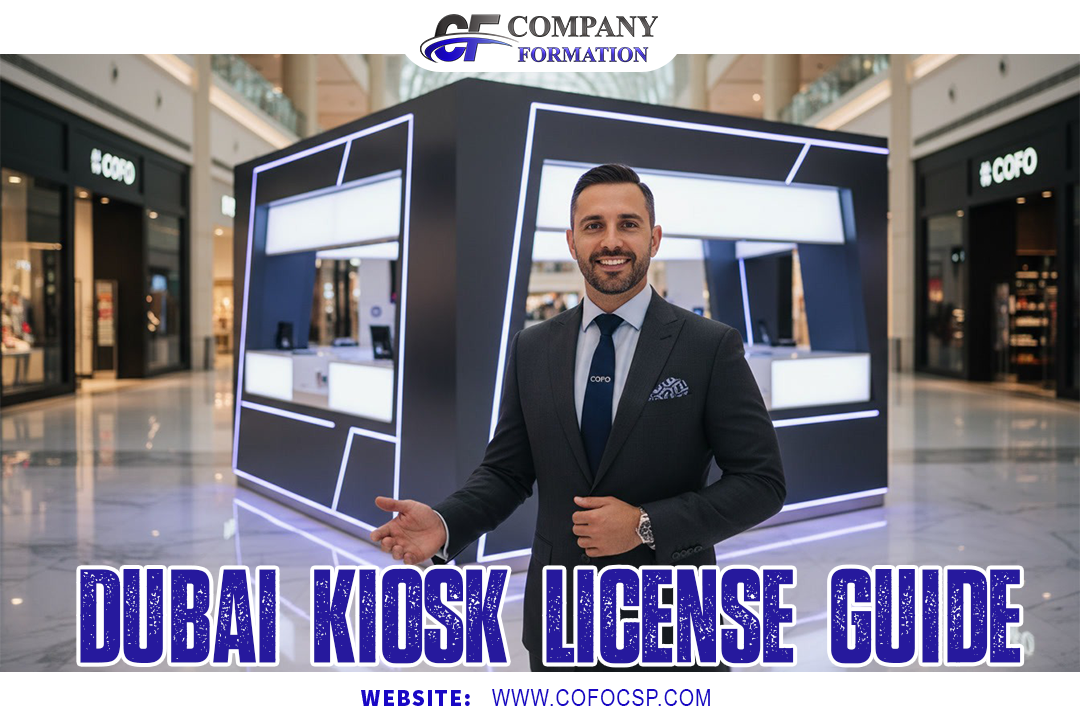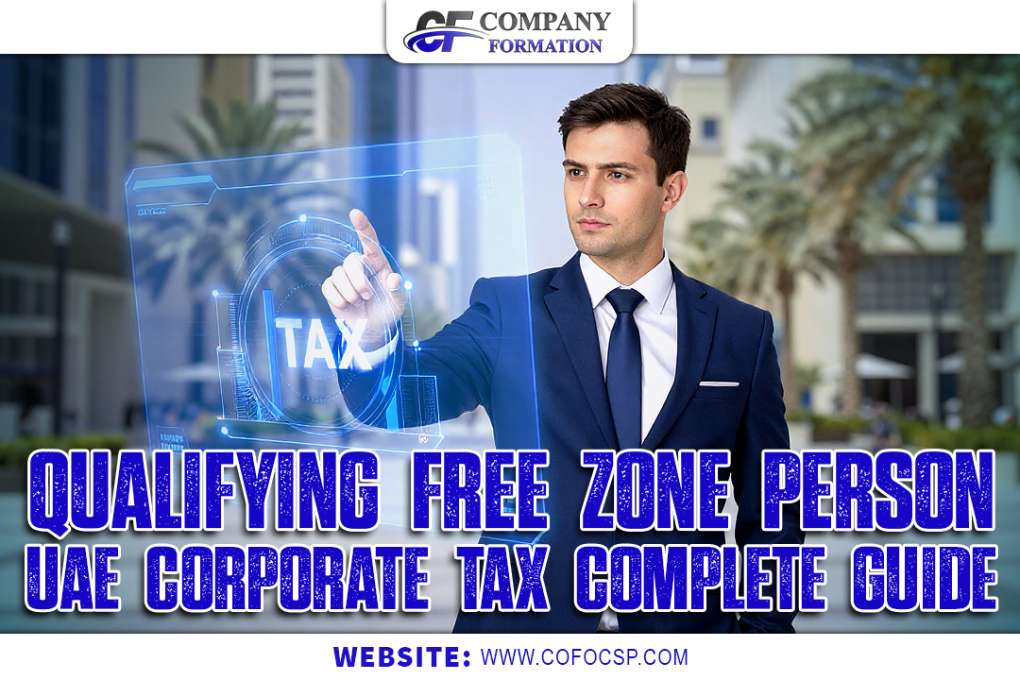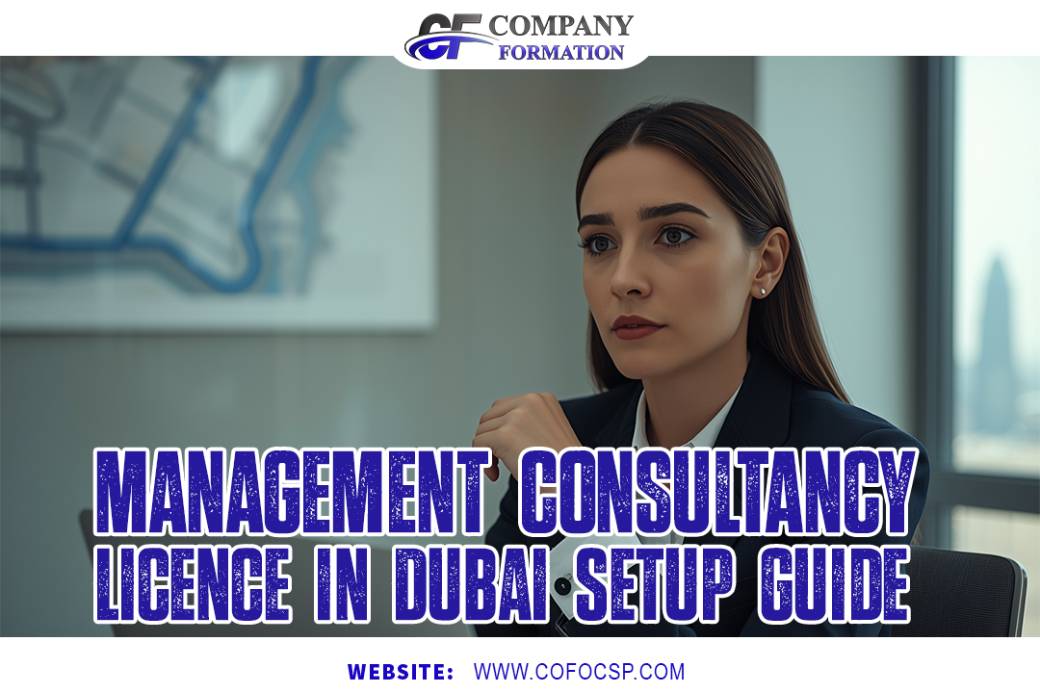Register a sole proprietorship in Dubai | Sole Establishment in UAE
Dreaming of owning a business in Dubai’s buzzing economy? A sole proprietorship gives you full control, low startup costs, and a quick setup through the Department of Economic Development (DED). Whether you’re a freelancer, consultant, or e-commerce entrepreneur, this guide covers everything—choosing a trade name, securing a business license, navigating taxes, and more. With Dubai’s business-friendly vibe, your entrepreneurial journey starts here, and expert business setup consultants can make it seamless.
What is a Sole Proprietorship in Dubai?
A sole proprietorship, or sole establishment, is a business owned by one person who calls the shots and keeps all profits. It’s the simplest way to start a company in Dubai, ideal for freelancers, marketing consultants, or small retailers. You get 100% ownership, but here’s the kicker: unlimited liability means your personal assets are at risk for business debts. UAE nationals can set up freely, while expats need a Local Service Agent (LSA)—a UAE national or company handling government paperwork without owning your business. This structure aligns with Dubai’s vision as a global business hub, perfect for solo entrepreneurs chasing flexibility.
Benefits of Starting a Sole Proprietorship in Dubai
Why go solo in Dubai? Here’s what makes a sole proprietorship a smart choice:
A. 100% Ownership and Control
You’re the captain—no partners, no investors. Unlike an LLC, you keep every profit and make decisions without compromise.
B. Fast and Simple Setup
Compared to other UAE business structures, sole proprietorships are a breeze. The DED’s streamlined process gets your trade license issued in days.
C. Budget-Friendly Startup
Low registration fees and no minimum capital make this perfect for freelancers, consultants, or small business owners. Save your cash for growth.
D. Tax Advantages
Sole proprietors skip corporate taxes, boosting cash flow. If your revenue exceeds AED 187,500, VAT applies, but Free Zones often offer tax exemptions.
E. Flexible Office Solutions
No need for a pricey office. Choose a virtual office or flexi-desk to meet DED’s Ejari requirements without draining your budget.
F. Easy Visa Access
Your trade license unlocks a UAE residency visa for you, plus options for dependents or staff. Live and work in Dubai with ease.
G. Diverse Business Activities
From consulting to e-commerce, Dubai’s sole proprietorships support a wide range of activities, giving you freedom to pursue your passion.
H. Full Profit Retention
Every dirham your business earns is yours—no sharing with partners or shareholders, thanks to the flow-through structure.
I. Government Support
Dubai’s government loves SMEs. Tap into incentives, startup programs, and expert guidance from business setup consultants to fuel success. A sole proprietorship is your path to independence, affordability, and growth in Dubai’s thriving market.
Steps to Register a Sole Proprietorship in Dubai
Ready to launch? Follow these steps to set up your sole proprietorship:
Step 1: Choose Your Business Activity
Pick an activity that matches your skills—consulting, trading, freelancing, or e-commerce. Ensure it’s on the DED’s approved list for smooth licensing.
Step 2: Reserve a Trade Name
Select a unique trade name that reflects your brand. Avoid religious or political terms and check availability on the DED portal or through a consultant.
Step 3: Get DED Initial Approval
Submit your business activity and trade name to the DED for initial approval, confirming compliance with UAE regulations.
Step 4: Appoint a Local Service Agent (LSA)
Expats need a UAE national or company as an LSA to handle government tasks. They don’t own your business—just streamline paperwork.
Step 5: Secure Office Space (Ejari)
Rent a flexi-desk or office and register the tenancy contract with Ejari, a DED requirement for licensing.
Step 6: Submit Required Documents
Prepare these essentials:
- Passport and visa copies
- No Objection Certificate (NOC), if applicable
- LSA agreement (for expats)
- Ejari certificate (tenancy contract)
- Initial Approval Certificate
- Business plan outlining activities
Step 7: Pay Fees & Get Your Trade License
Pay licensing fees online or at DED offices. Once processed, your trade license is ready to kickstart your business.
Step 8: Apply for Visa & Emirates ID
Use your license to apply for a residency visa and Emirates ID, including medical tests and biometrics for you and dependents.
Step 9: Register for VAT (If Needed)
If annual revenue exceeds AED 187,500, register for VAT with the Federal Tax Authority (FTA)—a quick, often cost-free step.
Cost Breakdown of Registering a Sole Proprietorship in Dubai
Planning your budget? Here’s a detailed cost breakdown:
A. Trade License Fees
- Professional License: AED 10,000–15,000/year
- Commercial License: AED 12,000–18,000/year (e.g., for e-commerce or retail)
- Industrial License: AED 15,000–20,000/year
B. Local Service Agent (LSA) Fees (Expats Only)
Pay AED 5,000–10,000 annually for an LSA to handle government processes without claiming ownership.
C. Office Space & Ejari Registration
- Flexi-desk: AED 3,000–8,000/year (ideal for freelancers)
- Private office: AED 15,000–50,000/year (e.g., in Dubai Marina)
- Ejari registration: ~AED 220 (one-time)
D. Visa Costs
- Owner’s residency visa: AED 3,500–5,500 (includes medical tests, Emirates ID)
- Employee visas: Similar cost per person (e.g., for staff in small retail)
E. Trade Name & Initial Approval
- Trade name reservation: AED 600–1,000 (one-time)
- Initial approval fee: AED 120–500 (one-time)
F. Documentation & Admin Costs
- Document typing/translation: AED 500–1,000 (one-time)
- Miscellaneous fees: AED 300–600 (one-time)
G. VAT Registration (If Applicable)
No direct cost for VAT registration if revenue exceeds AED 187,500, but compliance is mandatory.
H. Total Initial Setup Cost Range
- Minimum: AED 15,000–20,000 (flexi-desk, basic setup)
- Average: AED 25,000–35,000 (standard setup with office)
- Premium: AED 35,000–50,000+ (private office, multiple visas)
Pro Tip: Partner with trusted business setup consultants in Dubai to optimize costs, ensure compliance, and speed up your company formation process. Accurate budgeting sets your Dubai business up for success in this dynamic economy.
Sole Proprietorship: Mainland vs. Free Zone vs. LLC
Choosing between Mainland, Free Zone, or LLC? Here’s a clear comparison:
| Aspect | Mainland Sole Proprietorship | Free Zone Sole Proprietorship | LLC |
|---|---|---|---|
| Ownership | 100% for UAE nationals; expats need LSA | 100% foreign ownership (e.g., DMCC, JAFZA) | 100% foreign ownership, no LSA |
| Liability | Unlimited (personal assets at risk) | Unlimited (personal assets at risk) | Limited (assets protected) |
| Business Activities | Wide range: professional, commercial, e-commerce | Restricted by Free Zone rules (e.g., tech, creative) | Extensive range, including industrial |
| Office Space | Physical office or flexi-desk (Ejari required) | Flexi-desk or office in Free Zone (e.g., Dubai Silicon Oasis) | Physical office required |
| LSA | Required for expats (no ownership stake) | Not required | Not required |
| Visa Eligibility | Multiple visas based on office size | Limited visas (e.g., 1–3 per Free Zone rules) | Multiple visas based on company size |
| Cost of Setup | Moderate (lower license fees) | Higher fees, simpler process | Higher costs due to compliance |
| Tax Benefits | No corporate tax, VAT applies | Tax exemptions, limited VAT (e.g., 0% in Free Zones) | No corporate tax, VAT applies |
| Scope of Business | Operate across UAE (e.g., Dubai, Abu Dhabi) | Limited to Free Zone or international | UAE-wide and global operations |
Required Documents for Setting Up a Sole Proprietorship in Dubai
For a smooth company formation in Dubai, prepare these documents:
For Mainland Sole Proprietorship:
- Passport copy of owner
- Visa copy and Emirates ID (if UAE resident)
- NOC from employer (if applicable)
- LSA agreement (for expats)
- Trade Name Reservation Certificate (DED)
- Initial Approval Certificate (DED)
- Ejari certificate (tenancy contract)
- Business plan (e.g., for consulting or e-commerce)
For Free Zone Sole Proprietorship:
- Passport and visa copies
- Free Zone application form (e.g., DMCC or JAFZA)
- Trade name approval (Free Zone)
- Proof of residence (e.g., utility bill)
- Business plan (e.g., for tech startups)
- NOC (if required by Free Zone)
For LLC:
- Passport/visa copies of shareholders and managers
- Initial Approval Certificate (DED)
- Trade Name Reservation Certificate
- Notarized Memorandum of Association (MOA)
- Ejari tenancy agreement
- Business activity plan
- Proof of capital deposit (if needed)
- Local sponsor agreement (if applicable)
Pro Tip: Collaborate with expert business setup consultants in Dubai to ensure compliance, streamline document prep, and secure your trade license fast. Visit DED’s official portal or Free Zone sites like DMCC for more details.
Choosing the right setup and preparing documents correctly ensures a seamless business launch in Dubai.
Common Sole Proprietorship Business Examples in Dubai
- Freelance Graphic Designer (creative services)
- Marketing Consultant (professional services)
- Personal Fitness Trainer (health and wellness)
- Small Retail Shop Owner (e-commerce or brick-and-mortar)
- Tech Startup Founder (e.g., app development in Free Zones)
Advantages & Disadvantages
Advantages:
- Keep 100% of profits
- Quick, simple setup
- Full decision-making control
Disadvantages:
- Unlimited liability risks personal assets
- Limited scalability for large ventures
- Harder to attract investors or funding
Pro Tips for Successful Business Setup in UAE
- Hire reputable business setup consultants in Dubai for a hassle-free process.
- Define your business activity clearly to align with DED or Free Zone rules.
- Choose Free Zones like DMCC for tax benefits and 100% ownership.
- Maintain separate personal and business bank accounts for clarity.
- Stay compliant with your LSA for regulatory updates.
- Research UAE business laws, including 2025 tax changes, at UAE Ministry of Economy.
Common Questions About Sole Proprietorship in Dubai
Q1. Can I run multiple activities under one sole proprietorship?
Yes, add DED activity codes during licensing or amend later for flexibility.
Q2. Do I need a UAE partner for a professional license?
No equity partner—just an LSA for administrative support, no ownership stake.
Q3. Is an audit mandatory?
Not for most professional licenses, but keep records for VAT and best practices.
Q4. How long can I stay outside UAE with an owner visa?
Up to 6 months per exit; longer absences may cancel residency status.
Q5. What’s needed for a corporate bank account?
Banks require your trade license, passport, visa, Ejari, and a business plan. Minimum balance: AED 25,000–50,000.
Q6. What are the tax implications in 2025?
No corporate tax for sole proprietors in Free Zones; Mainland businesses may face a 9% tax if revenue exceeds AED 3 million.
Conclusion
Launching a sole proprietorship in Dubai in 2025 is a golden opportunity for entrepreneurs, freelancers, and small business owners to thrive in a global business hub. With full control, profit retention, and a fast setup process, it’s perfect for those seeking independence. But beware unlimited liability and growth limits require careful planning.
Whether you choose Mainland for UAE-wide access or a Free Zone like DMCC for tax perks, partnering with professional business setup consultants in Dubai is the key to success. They’ll navigate regulations, handle documents, and optimize costs, making your company formation in Dubai a breeze. Align with UAE Vision 2030, budget smart, and turn your business dream into reality today!








